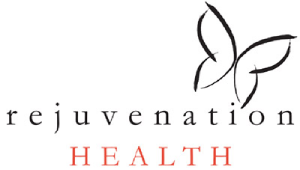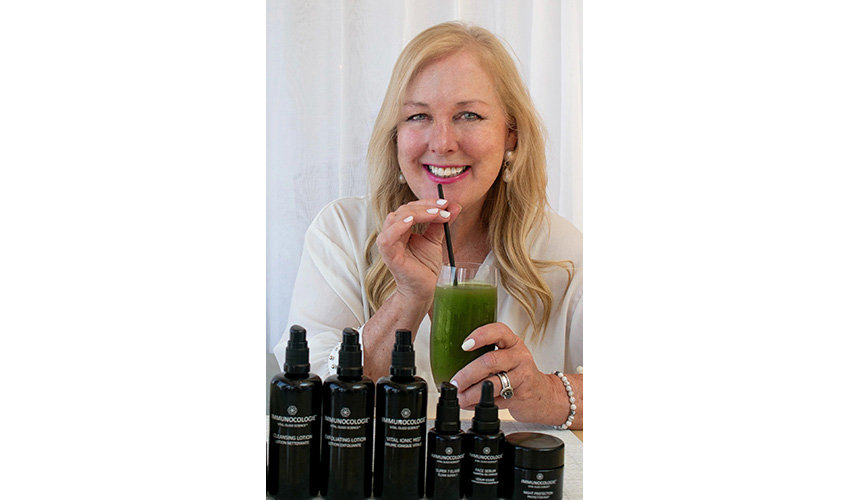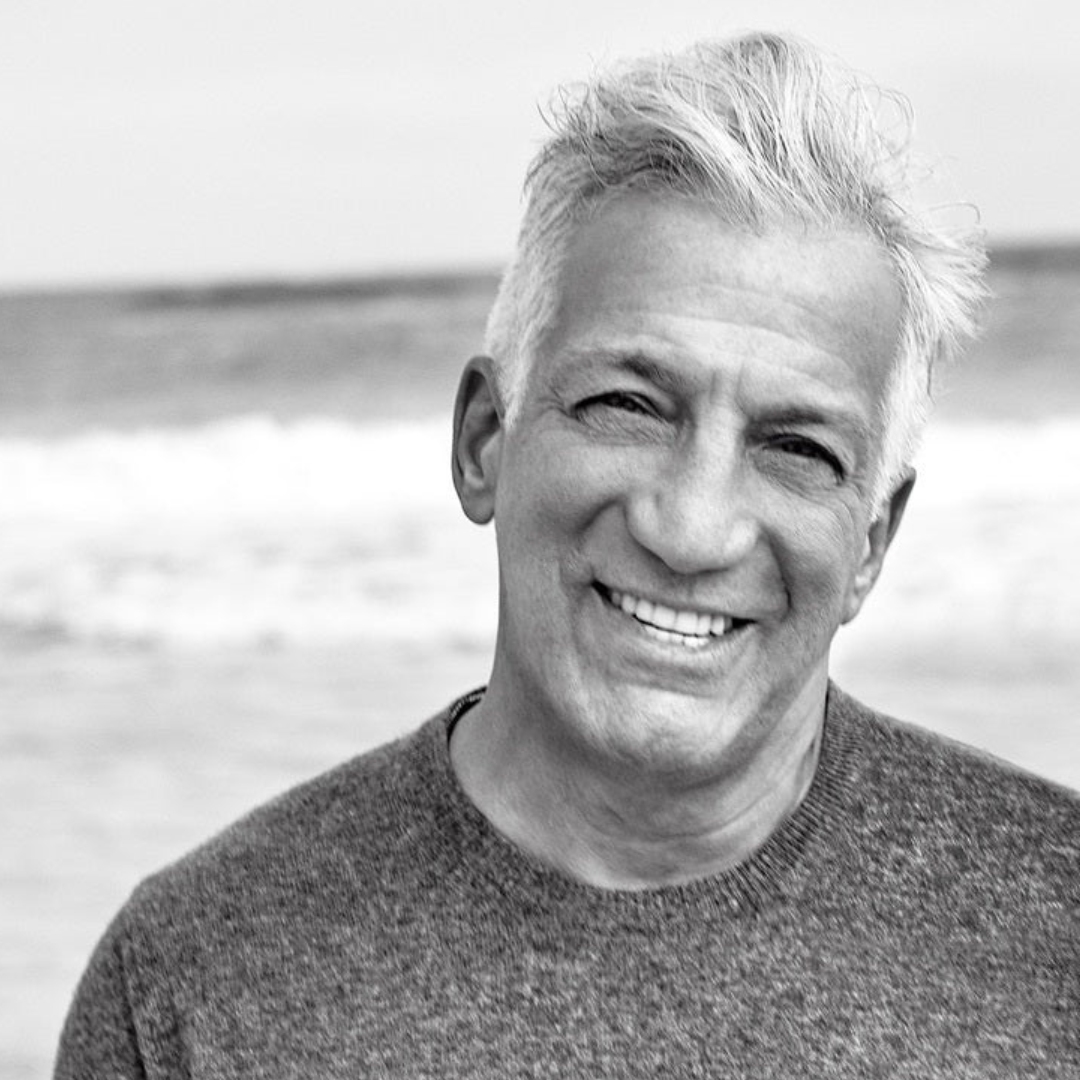Biological dentistry is a revolutionary approach to oral health, as well as whole-body health, that emphasizes prevention and conservative treatment methods. It discourages the use of invasive surgeries, mercury and other toxins, or side effect-laden pharmaceuticals.
Utilizing lifestyle changes and non-pharmaceutical treatments, biological dentists can help you prevent diseases from developing or progressing. They also treat less understood systemic diseases rooted in poor oral health.
Biological dentists believe in the mouth-body connection more than conventional dentists. The “mouth-body connection” refers to the idea that your oral health and overall health are inextricably linked.
Take a second to think about how strange it is that dental school is completely separate from medical school, and how dental insurance is completely separate from medical insurance. Biological dentistry tries to bridge that gap, even when insurance companies stand in the way.
What is the mouth-body connection?
The mouth-body connection refers to the undeniable fact that your oral health and whole-body health are connected.
For instance, 80-95% of American adults suffer from gum disease, one of the leading root causes of chronic inflammation, even if the inflammation is manageable, like with gingivitis. These low but constant levels of inflammation can adversely affect your overall health. Plus, the presence of gum disease is associated with diseases from diabetes to Alzheimer’s.
And that’s just one example of the mouth-body connection. There are many, many more:
- Alkalizing diet and anti-inflammatory foods benefit your oral health and overall wellness
- Using hand sanitizer all the time leads to immune dysfunction and damaged skin microbiome
- Stress wrecks everything — your oral health, your immune system, etc.
- Exercise improves your whole-body health, and can even improve your oral health
Dr. Gerry Curatola (DDS) of Rejuvenation Dentistry coined this term — he even wrote the book on it.
9 Reasons to Choose a Biological Dentist
What are the top 9 reasons to choose a biological dentist over a conventional dentist?
- Mercury-free and mercury-safe
- Fluoride-free
- Focus on whole-body health
- Focus on prevention
- Most natural and least invasive
- Avoids root canals
- Biocompatibility testing for dental materials
- Emphasis on nutrition and nutritional counseling
- Ozone therapy
1. Mercury Free and Mercury Safe
Biological dentists are mercury-free and/or mercury-safe. That may sound like a no brainer since mercury toxicity has been linked to autoimmunity, Alzheimer’s disease, autism spectrum disorders, miscarriage, multiple sclerosis, and so much more.
But conventional dentists put mercury in people’s mouths all the time.
Also called “silver fillings” or “amalgam fillings”, these cavity fillers contain 50% mercury by weight. That’s right, mercury — as in the toxic heavy metal.
Mercury fillings are likely the most popular dental filling material, used in the US for 150 years.
When mercury fillings were first introduced, the only US dental association at that time proclaimed that the use of mercury fillings was “malpractice”.
Then the American Dental Association (ADA) was founded, and they have defended the problematic use of mercury fillings ever since, even though mercury exposure definitely poses adverse health risks for many people.
Mercury fillings are also known as:
- Amalgam fillings
- Mercury amalgam fillings
- Dental amalgam fillings
- Silver fillings
- Silver amalgam fillings
Biological dentists know that many individuals have bad reactions to mercury in their mouth, especially people who grind their teeth or those who are already exposed to other heavy metals through their job. So they avoid the use of amalgam, knowing these fillings are often the single largest mercury burden for people who have them.
And if you already have mercury fillings, a biological dentist will weigh the pros and cons of amalgam removal. Important to note: You are most exposed to mercury while the filling is being put in and taken out. In some cases, it may actually be better to leave the fillings in.
What do biological dentists use for fillings? Biological dentists may use the following biocompatible materials for cavity fillings:
- Composite resin
- Porcelain
- Zirconium
- Glass ionomer
- Dental gold
2. Fluoride-Free
Biological dentists almost never use fluoride. Yes, fluoride is proven to treat and prevent tooth decay (cavities). But robust research shows that fluoride is a neurotoxin when ingested.
The Centers for Disease Control and Prevention (CDC) declared the fluoridation of public drinking water as “one of 10 great public health achievements of the 20th century”. But both acute fluoride toxicity and chronic fluoride toxicity are growing issues in Americans.
Children living in places with fluoridated public drinking water have lower IQ scores, according to several studies. Fluoride exposure in a pregnant mother may increase the risk of autism or ADHD in the child.
Fluoride toxicity symptoms include:
- Cognitive dysfunction
- Fatigue and muscle weakness
- Fluoride accumulation in the pineal gland, resulting in insomnia or earlier onset puberty
- Hypothyroidism, which may increase blood pressure and blood calcium levels
- Preeclampsia (which can result in the death of a pregnant mother)
Biological dentists recognize that fluoride is controversial. Though it may not cause noticeable symptoms in everyone, many individuals should not be drinking fluoridated water or using fluoride toothpaste.
Hydroxyapatite toothpaste is a promising alternative. According to recent research, hydroxyapatite toothpaste can help remineralize teeth similar to fluoride, but without the potential adverse effects!
You don’t need fluoride to prevent tooth decay. All you really need is a good toothbrushing technique, a healthy flossing habit, and a nutrient-dense, low-sugar diet.
3. Focus on Whole-Body Health
Biological dentists are focused on whole-body health. They care about how your oral health affects the whole person, as well as how your whole-body health affects your oral health.
For instance, dental cavitations can cause systemic health issues with no clear root cause. But biological dentists know that these dental cavitations are hard to detect and physically far from the afflicted area, so they check for cavitations when suspected.
It’s widely accepted that gum disease can lead to heart disease. But biological dentistry goes beyond that.
It is important to recognize that poor oral health is linked to almost every systemic disease you can think of. Many write it off as, “They don’t care about their dental health, so it makes sense that their overall health is bad too.”
However, biological dentists look for that direct link between poor oral health and whole-body health.
4. Focus on Prevention
Biological dentists are focused on the prevention of oral health problems, not to mention whole-body health problems.
Instead of being forced into a corner to react to an oral health issue, these dentists prefer to identify risk factors and treat the problem with conservative methods before it becomes a big problem that requires undesirable treatments.
For example, biological dentists believe that tooth decay can be prevented with good nutrition, smoking cessation, and good oral health habits. Conventional dentists typically believe that you should put fluoride on a tooth to treat a cavity, and not educate their patients on how the cavity got there.
For biological dentists, prevention is the best cure.
5. Most Natural and Least Invasive
Biological dentists prefer the most natural treatments and the least invasive procedures.
Most biological dentists would consider themselves “biocompatible dentists” as well. This means they only use dental materials that do not react badly with your dental care or whole-body health.
Mercury does not naturally belong in your mouth. In most parts of the world, fluoride would never naturally be ingested. You may be surprised at how many chemicals and toxins there are in toothpaste and other dental care products that biological dentists avoid.
However, there are all-natural dietary supplements that can benefit your oral health, and in turn the entire body. Biological dentistry emphasizes detoxification.
Moreover, biological dentists know that invasive dental procedures can be traumatic, possibly resulting in unintended consequences. These dentists will mostly avoid root canals, for instance.
Biological dental practices may use novel techniques, such as state-of-the-art lasers and ozone therapy, which are non-invasive and non-traumatic.
6. Avoids Root Canals
Biological dentists tend to avoid root canals unless absolutely necessary. They prefer extracting the tooth, then implanting a metal-free, allergy-free replacement.
A root canal treatment (RCT) is the procedure of removing the pulp (living part) of the tooth, cleaning it, then sealing it off.
Root canals have been performed for 200 years, but technology has advanced to the point where we have viable root canal alternatives that are less invasive, less traumatic, and less painful.
Conventional dentists over-prescribe root canals. A dentist may administer a root canal “just to be safe” or because it’s covered by dental insurance.
Unfortunately, root canals can leave behind the infection, result in a tooth abscess, and destroy the tooth structure.
Do biological dentists do root canals? No, biological dentists do not usually do root canals. They are invasive, traumatic, and painful, not to mention they damage tooth structure.
If you have a cavity or infection deep in the tooth, tooth extraction can be better than a root canal procedure.
Root canal alternatives may involve extracting the tooth altogether then replacing it with a:
- Zirconia implant
- Bridge or bonded bridge
- Metal-free partial
7. Biocompatibility Testing for Dental Materials
Biological dentists often do biocompatibility testing for various dental materials. These biocompatible dental materials are used for fillings, veneers, even crowns and bridges.
No, they won’t ever use mercury fillings, but it’s important to be sure that whatever alternative is used will not react badly with the patient’s whole-person well-being.
Some individuals’ unique chemistry is simply not “compatible” with certain dental materials. A lot of the time, this is because the patient’s immune system views the dental material as a foreign body that must be attacked, potentially leading to prolonged immune dysfunction.
Many biological dental offices utilize muscle response testing, skin response testing, and blood tests to measure the toxicology of the dental material when it comes to each individual patient. If the compatibility is not tested, inserting the right dental material is guesswork.
8. Emphasis on Nutrition and Nutritional Counseling
Biological dentists emphasize the importance of nutrition and nutritional counseling.
Tying into their focus on prevention, these dentists believe an educated patient is a healthier patient. The more their patient knows about how nutrition affects their oral health (and overall wellness), the less likely that patient will develop a “dental emergency”.
Your dietary habits have a direct effect on inflammation, your gut health (therefore immune health), and your oral microbiome.
6 nutrition tips for oral health:
- Avoid sugar, especially processed sugar
- Steer clear of starchy foods
- Look for fatty fish, rich in omega-3 fatty acids
- Eat leafy greens, which are beneficial prebiotics
- Chew on crunchy veggies to promote saliva and get rid of food particles
- Don’t consume soda or fruit juices, which are very sugary and acidic
9. Ozone Therapy
Biological dentists often utilize ozone therapy, a non-invasive way to clean bad bacteria, fungi, viruses, yeast, and harmful debris from teeth, cavitations, and other areas.
Ozone (O3) may be used for disinfection and stimulating the immune system. Also, when ozone comes into contact with blood, more proteins and red blood cells form, increasing your oxygen supply.
Not only does it support a healthy immune system, but ozone therapy can also reduce chronic inflammation.
Because ground ozone is considered an air pollutant, the Environmental Protection Agency (EPA) advises against purchasing an “ozone air purifier”.
However, biological dentists carefully apply ozone to affected areas in a way that should pose no threat to you, nor the environment.
Functional vs. Holistic vs. Biological Dentistry
There are several terms used to describe a dentist who uses a biological approach to oral health. Though these terms are often used interchangeably, there are subtle differences in the actual definitions.
Here are 8 terms for biological dentistry that can be used interchangeably, but actually mean slightly different things:
- Biological dentistry — This refers to dentists who follow the philosophy of how German Biological Medicine applies to oral health. They believe that the whole body affects the mouth, and vice versa. For instance, dental mercury fillings may cause whole-body side effects, or dental cavitations may cause systemic disease.
- Functional dentistry — A functional dentist is concerned with the function of your whole body, as it relates to your oral health. These professionals look for root causes seemingly unrelated to the symptoms.
- Holistic dentistry — What is the difference between a holistic dentist and a regular dentist? The difference is that a holistic dentist treats the whole person to ensure oral health, or vice versa, even taking into account mental and social factors.
- Integrative dentistry — The term “integrative” implies that integrative dentists consider the whole body in relation to the mouth, and vice versa. Not only are integrative dentists concerned with the mouth-body connection, but they try to integrate medicine with dentistry.
- Biocompatible dentistry — When someone says “biocompatible”, they basically mean that whatever treatment they’re using will not react badly with your whole-body health. For example, biocompatible dentists avoid mercury, fluoride, SLS, or overall harmful procedures like root canals, unless it absolutely cannot be avoided.
- Natural dentistry — A natural dentist uses only natural means to care for your oral health. This may include dietary supplements, essential oils, or simply avoiding man-made chemicals in your toothpaste.
- Alternative dentistry — This refers to the fact that alternative dentists use different methods than conventional dentists, such as a focus on dietary supplements, oral probiotics, and whole-body health.
- Unconventional dentistry — This means that their methods are not conventional, or mainstream. Unconventional dentists use methods that may have scientific evidence to support them, but may not be widely accepted in the dental community.
As you can see, basically all biological dentists are biocompatible dentists, and all unconventional dentists are alternative dentists. But not all natural dentists are biological dentists. These terms are almost synonymous but can mean slightly different things.
Biological Dentistry Costs & Insurance Coverage
How much does a biological dentist cost? Biological dentists cost more on average than conventional dental procedures. They use the most cutting-edge, least invasive treatments and opt for materials that are safer, but often more expensive.
That doesn’t mean biological dentistry is unaffordable — by no means. Not only do we work with patients’ individual situations, we work with you and your insurance provider to figure out what is covered by your dental insurance plan.
Many biological dentists believe in overall health maintenance, so they will charge periodic fees for you to come in several times a year. Others may try to treat an oral health issue with conservative methods, then send you on your way — which would probably be less expensive in the long run.
However, biological dentists aren’t keeping you in a cycle of tooth treatment like conventional dentists who can charge upwards of $12,000 per tooth over a 10- to 20-year period, including multiple fillings, crowns, root canals, extractions, and other procedures that may be performed on the same tooth over your lifetime.
Insurance may cover biological dentistry, but biological dentists are sometimes listed as “general dentists” since biological dentistry is not widely recognized by the ADA or insurance companies.
Most dental insurance plans will cover the basics, such as twice-yearly dental checkups and imaging. However, some insurance plans may only cover the cost of mercury fillings, for example, when biological dentists never use mercury fillings — only biocompatible alternatives.
Many biological dentists do not accept insurance.
What to Expect at a Biological Dentistry Appointment
What can you expect at a biological dentistry appointment that you wouldn’t get at a conventional dental office?
- More time spent on patient education
- Discussion of comprehensive medical history, as well as dental history
- More concern for whole-body wellness and how it relates to oral health
- Multiple low- or no-radiation diagnostic tests, like digital x-rays
- Unique treatment plan and a consultation to discuss it
- No mercury and no fluoride
Biological Dentist in New York, NY
Rejuvenation Dentistry is a biological dentistry office in New York City. We are dedicated to our patients’ health and wellness.
Did you know? A landmark 2006 study on 145,000 patients found up to a 21% reduction in healthcare costs associated with major diseases when oral health is improved.
Set up an appointment with us today. At Rejuvenation Dentistry in the Village of East Hampton, we empower our patients to take control of their overall health, utilizing the revolutionary tenets of biological dentistry.




